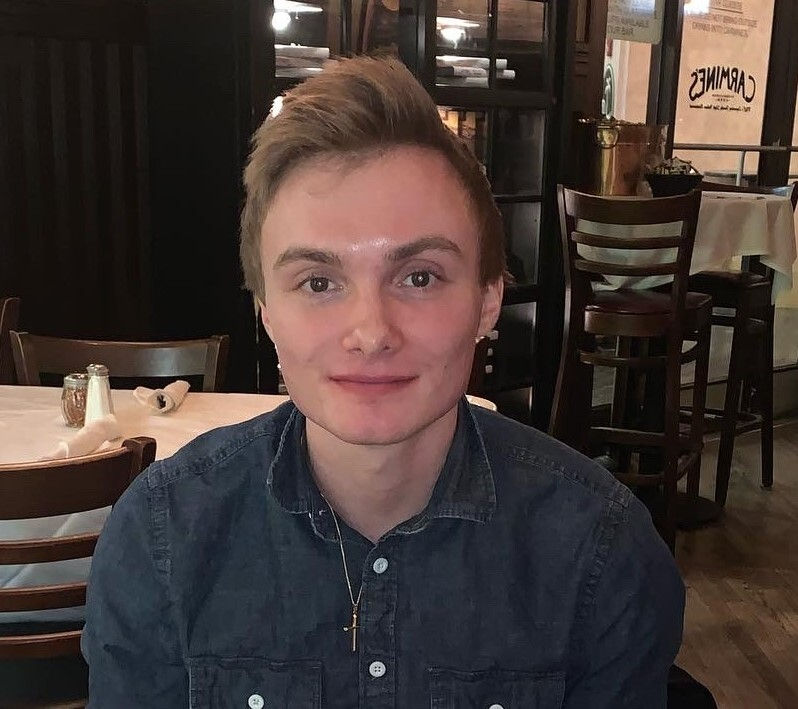
Our Team
I am interested in exploring the biology of eusocial insects. A major hallmark of eusocial insects is the existence of a reproductive division of labor where one or a subset of colony members are capable of reproduction (referred to as queens or gamergates) and the rest of the individuals are either obligately or functionally sterile (termed as workers). Furthermore, these distinct phenotypes within a colony usually arise from the same genome in response to environmental conditions. I am particularly fascinated by how these divergent phenotypes arise from a single genome and the proximate mechanisms contributing to these differential developmental trajectories. Moreover, I am intrigued by how eusociality has evolved multiple times, independently across the tree of life. I will integrate developmental genetic, comparative genomic, and phylogenetic approaches to address these overarching goals for my research.
Eusocial insect colonies, who exhibit (i) cooperative brood care, (ii) a reproductive division of labour), and (iii) overlapping generations of highly related individuals, have evolved spectacularly sophisticated and diverse morphologies and ways of living. I am interested in understanding how gut symbionts, socially transmitted material, and diet affect different aspects of eusocial phenotypes like caste and disease resistance. I have a strong background in integrating microbiology, epidemiology, and behavior in these social insect model systems to study these types of interactions.
Hi, I am Allina. My research interests center on the role of indirect genetic effects (IGEs) in shaping colony fitness and the dynamics of social evolution in ants. I am particularly intrigued by how IGEs contribute to complex interactions among individuals, influencing both their behavior and the collective outcomes for the colony. Additionally, I aim to investigate the process of multilevel selection, examining how IGE-related traits are selected at both the individual and group levels. Through this approach, I aim to understand how social behavior evolved by examining it from the perspectives of IGEs and multilevel selection.
I'm Joe! I'm currently focused on learning how various indirect genetic effects drive caste differentiation in eusocial insects, particularly ants. More generally, I am interested in the implications this has for understanding how phenotypic changes are regulated throughout development, and how phenotypic plasticity contributes to the evolution of eusociality. (edited)






